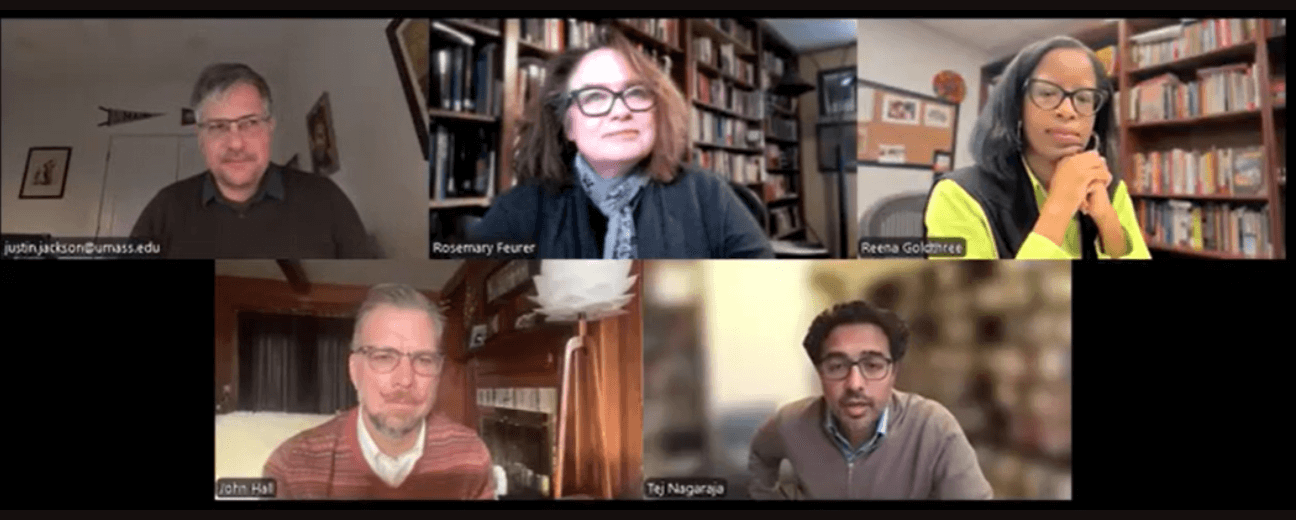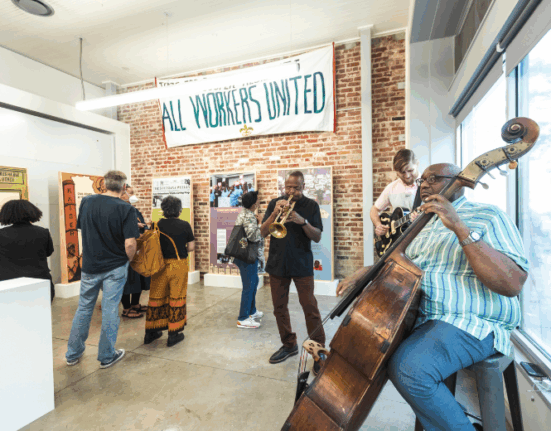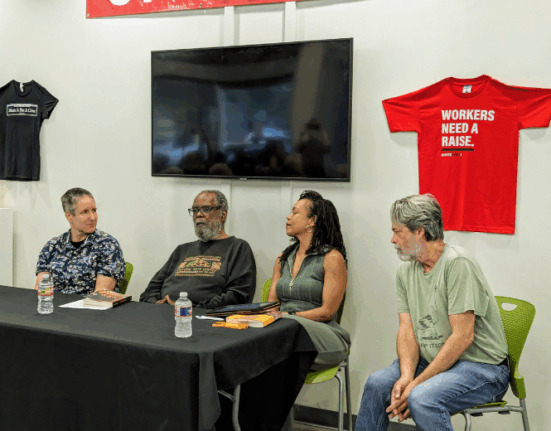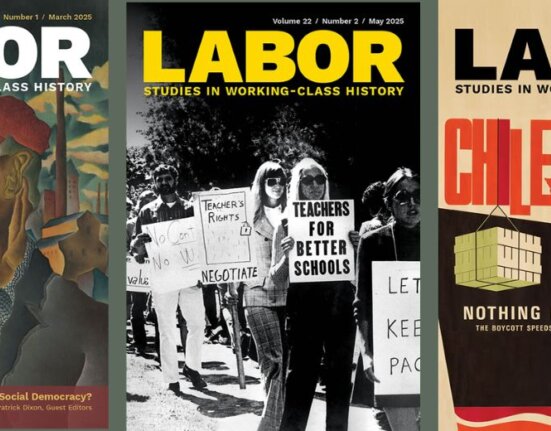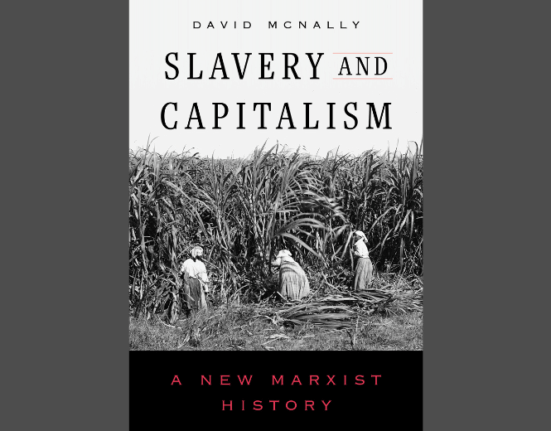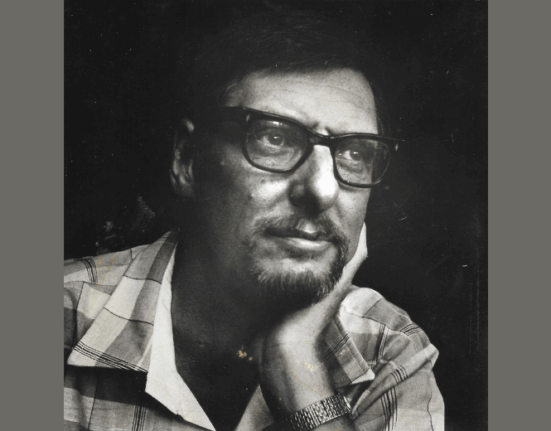Guide to the recording
6:55
Authors
-

-

Justin Jackson is a Lecturer and Visiting Scholar with the Department of History at the University of Massachusetts Amherst. His book, The Work of Empire: War, Occupation, and the Making of American Colonialism in Cuba and the Philippines, was published this year by the University of North Carolina Press. His article "The Empire of Military Necessity: General Orders 100, Atrocity, and the Law of Occupation between the Civil and Philippine Wars," is forthcoming in the Journal of American History.
-

-

John W. Hall is the inaugural holder of the Ambrose-Hesseltine Chair in US Military History and a past president of the Society for Military History. His work lies in the literal and figurative borderlands of the early republic of the United States, straddling the fields of military and American Indian history. He is the author of numerous essays on early American warfare and Uncommon Defense: Indian Allies in the Black Hawk War (2009). His present book project is "Dishonorable Duty: The U.S. Army and the Removal of the Southeastern Indians."
-

Tejasvi Nagaraja is assistant professor of labor history at Cornell University in the ILR School. He is writing a book about America's World War II experience and generation. It reconstruct a transnational war-within-the war among Americans themselves, linking economic and racial and foreign policy contentions. Nagaraja's writing has appeared in outlets such as American Historical Review and H-Diplo.

